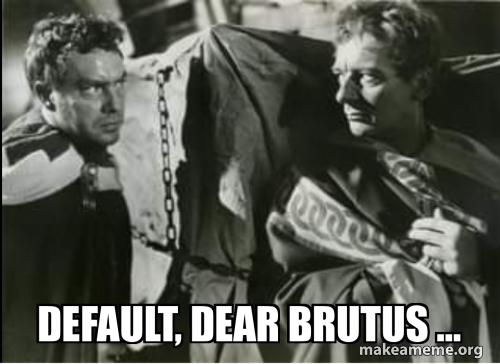How a default finds fault
August 15, 2022 Full of Faith Christian Center, Inc. v. May affirmed a no-answer default judgment, making several points of general interest about that area of Texas procedure:
Full of Faith Christian Center, Inc. v. May affirmed a no-answer default judgment, making several points of general interest about that area of Texas procedure:
- Some service problems are fixable: “T]he order denying the motion for default judgment was without prejudice and noted the returns failed to show Calvin’s authority to receive service. … The default judgment specifically referenced the second amended returns as support for the judgment and the court found all defendants were served properly and that the returns of service were on file at least ten days before the hearing on the motion to reconsider on July 31, 2020. These orders were ‘tantamount to formal amendment of the return of citation,’ and the record is sufficient to show valid service. An amended return relates back to the original return and is regarded as filed when the original return was filed.” (citation omitted).
- Even for a default judgment, basic damages principles must be followed: “The judgment awards punitive damages against appellants jointly and severally. This was error. See Tex. Civ. Prac. & Rem. Code § 41.006 (‘In any action in which there are two or more defendants, an award of exemplary damages must be specific as to a defendant, and each defendant is liable only for the amount of the award made against that defendant.’).”
- “86” Rule 44: “Rule 44.1(b) provides that when liability is contested, the court may not order a separate trial solely on unliquidated damages. Tex. R. App. P. 44.1(b). However, when a defendant appeals a no answer default judgment, liability is not contested for purposes of this rule.”
No. 05-20-00859-CV (Aug. 11, 2022) (mem. op.).